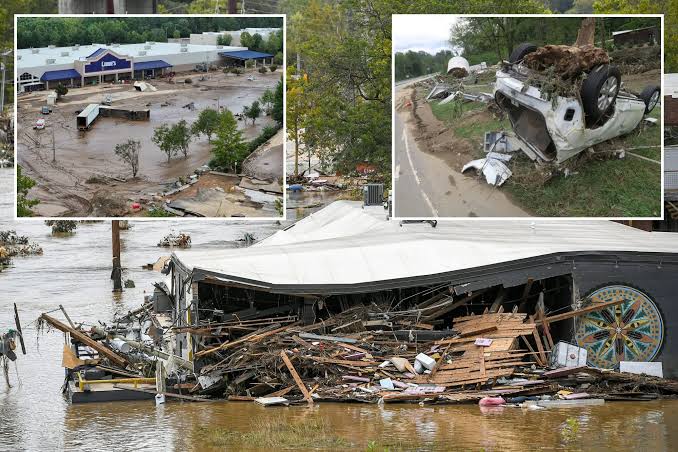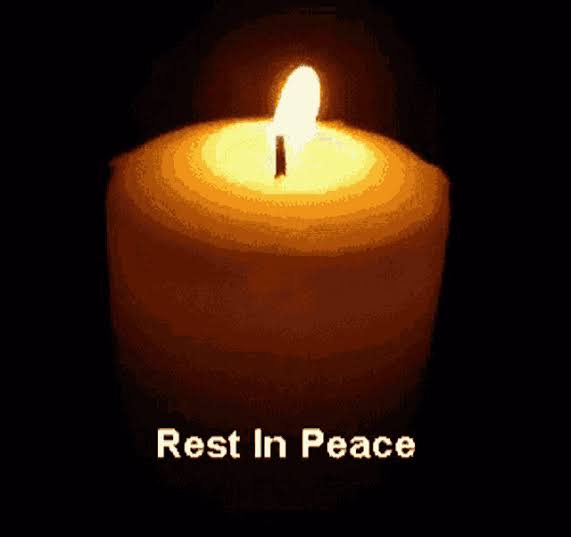Through Collective Action And Unwavering Resolve Can The International Community Hope To Pave The Way For A Brighter, More Peaceful Future For All.

In a harrowing escalation of violence, recent Israeli airstrikes have tragically resulted in the deaths of at least 38
individuals in Khan Younis, Gaza, alongside the loss of three journalists in southern Lebanon. This devastating turn
of events highlights the ongoing humanitarian crisis and the volatile nature of the conflict that has long plagued the
region. As international leaders call for restraint, the urgent need for a comprehensive solution has never been more
pressing.
The strikes on Khan Younis mark one of the deadliest days in recent memory for the besieged Gaza Strip, where
residents have already endured immense suffering. The dense population of Gaza, combined with the continuous
cycle of violence, has led to widespread destruction and trauma. Families that were once filled with hope and
resilience are now mourning their loved ones, caught in the crossfire of a conflict that seems to have no end in sight.
The airstrikes have devastated entire neighborhoods, leaving behind ruins and deep psychological scars on survivors.
Among the deceased are civilians, many of whom were simply going about their daily lives, unaware of the
impending danger. The loss of life is not just a statistic; it represents shattered families, lost dreams, and an
overwhelming sense of despair. The United Nations and various humanitarian organizations have consistently
warned about the dire situation in Gaza, where access to basic necessities like food, water, and medical care is
severely limited. The recent airstrikes have further exacerbated these issues, pushing the population to the brink.
Simultaneously, the tragic deaths of three journalists in southern Lebanon serve as a stark reminder of the perils
faced by those committed to reporting the truth. Journalists often find themselves on the front lines of conflict,
risking their lives to bring crucial information to the world. Their deaths not only represent a profound loss for their
families and colleagues but also raise serious concerns about press freedom and the safety of journalists in conflict
zones. The media plays a vital role in shining a light on the realities of war, and when that role is threatened, it
undermines the foundation of democratic societies.
In the aftermath of these strikes, the international community has been vocal in its condemnation. Many leaders are
urging for immediate ceasefire agreements and diplomatic efforts to address the underlying issues fueling the
conflict. The recurring cycle of violence has shown that military action alone cannot bring about lasting peace.
Instead, a multifaceted approach is required—one that includes dialogue, reconciliation, and a commitment to
addressing the humanitarian needs of affected populations.
The geopolitical implications of these strikes are also significant. The ongoing conflict between Israel and Palestinian
groups has the potential to destabilize the entire region, drawing in neighboring countries and international actors.
The loss of life, particularly among civilians and journalists, fuels anger and resentment, creating a breeding ground
for further violence. The international community must not only call for an end to hostilities but also take concrete
steps to foster dialogue and understanding among all parties involved.
As the situation continues to unfold, the plight of the civilians in Gaza and the journalists in Lebanon serves as a
powerful reminder of the human cost of conflict. It is essential to elevate the voices of those affected, ensuring that
their stories are heard and their needs addressed. Humanitarian organizations must be granted unfettered access to
provide assistance, while the international community must remain vigilant in advocating for the protection of
civilians and journalists alike.
In conclusion, the tragic events in Khan Younis and southern Lebanon underscore the urgent need for a
comprehensive approach to resolving the Israeli-Palestinian conflict. As the world watches, the call for change
becomes more critical. The cycle of violence must be broken, and the lives lost must serve as a catalyst for a renewed
commitment to peace and justice in the region. Only through collective action and unwavering resolve can the
international community hope to pave the way for a brighter, more peaceful future for all.



